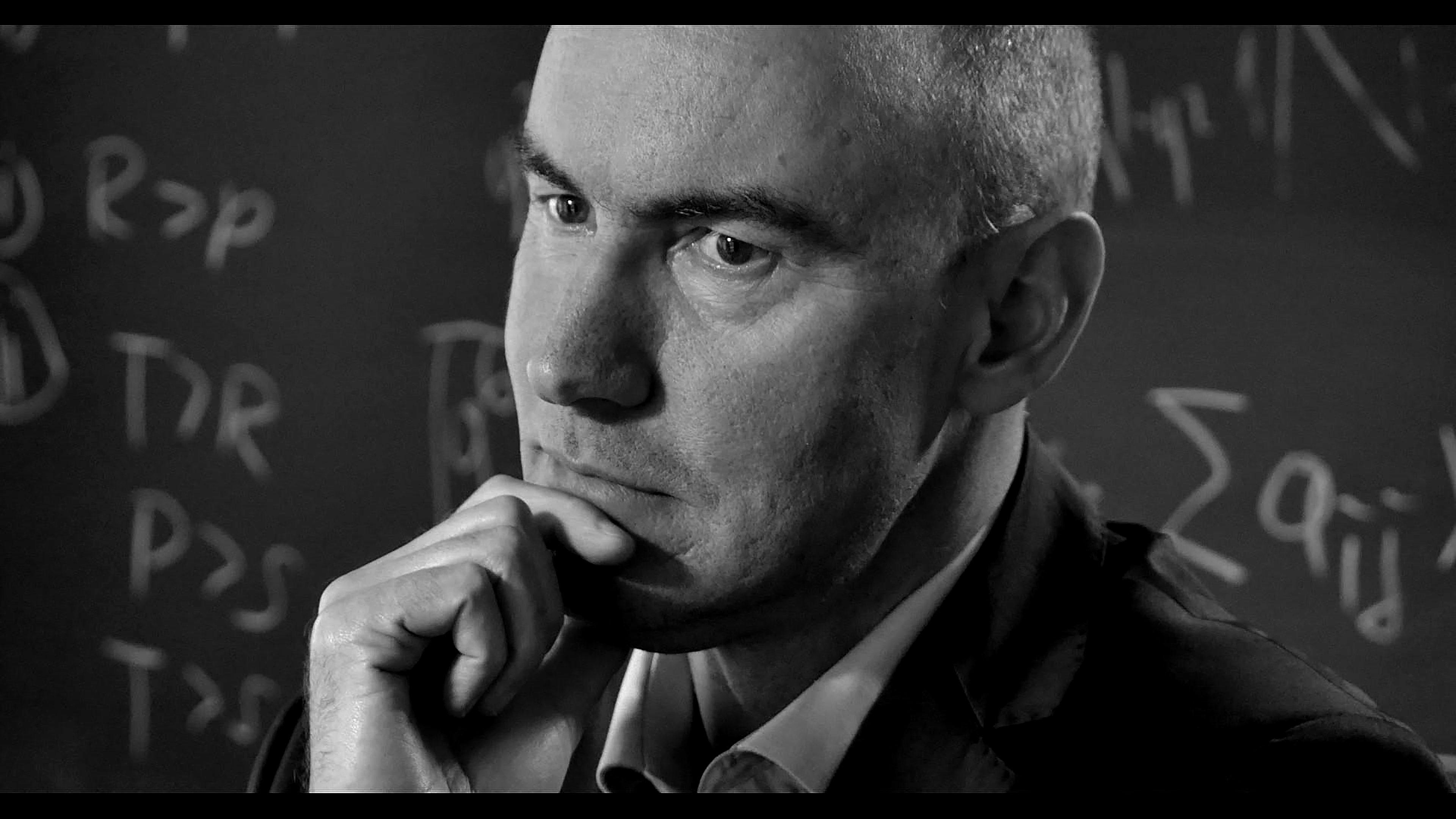Martin Nowak
 Martin Andreas Nowak (born April 7, 1965) is an Austrian-born professor of mathematics and biology at Harvard University. He is one of the leading researchers in evolutionary dynamics. Nowak has made contributions to the fields of evolutionary theory, cooperation, viral dynamics, and cancer dynamics.
Martin Andreas Nowak (born April 7, 1965) is an Austrian-born professor of mathematics and biology at Harvard University. He is one of the leading researchers in evolutionary dynamics. Nowak has made contributions to the fields of evolutionary theory, cooperation, viral dynamics, and cancer dynamics.Nowak held professorships at Oxford University and at the Institute for Advanced Study, Princeton, before being recruited by Harvard in 2003 when Jeffrey Epstein donated a large sum of money to support Nowak's work and set up a center for studying cooperation in evolution. Nowak was the director of Harvard's resulting Program for Evolutionary Dynamics (PED) from 2003 until 2020, when he was disciplined by being suspended from supervising undergraduate research for two years and having his institute permanently closed down as a punishment for having provided an office, keycard, and passcode, and for allowing Epstein free and unlimited access to PED for over ten years after his conviction for sex crimes.
Martin Nowak is famous for his extensive contributions to various scientific disciplines, including evolutionary game theory, virology, cancer dynamics, and the evolution of cooperation. Throughout his career, Nowak has collaborated with notable figures such as Robert May, Karl Sigmund, and John Maynard Smith. His work spans a wide range of topics, from the somatic evolution of cancer to the origins of language and prelife. Nowak has authored over 300 scientific publications, including many contributions to Nature and Science.
Aside from his scientific career, Nowak has also authored five books. His 2006 work Evolutionary Dynamics received praise for its unique perspective on theoretical biology and won the R.R. Hawkins Award. In 2011, he co-authored SuperCooperators, which argues for cooperation as a fundamental principle of evolution, garnering positive reviews. Additionally, Nowak has edited books, including Evolution, Games, and God, which examines the relationship between theology and evolutionary theory. He has received numerous awards for his contributions to science, including the Weldon Memorial Prize, the Albert Wander Prize, the Akira Okubo Prize, the David Starr Jordan Prize and the Henry Dale Prize. Nowak identifies as a Roman Catholic, advocating for the compatibility of science and religion in the pursuit of truth. His 2024 book, Beyond, is a poetic exploration of the connection between religion and science. In 2015, he received the honorary degree Doctor of Humane Letters from the Dominican School of Philosophy & Theology at Berkeley. Provided by Wikipedia
-
1by Anne Riemann, Bettina Schneider, Angelika Ihling, Martin Nowak, Christoph Sauvant, Oliver Thews, Michael GekleGet full text
Published 2011-01-01
Article -
2
-
3by João Bortoletti Filho, Luciano Marcondes Machado Nardozza, Edward Araujo Júnior, Líliam Cristine Rôlo, Paulo Martin Nowak, Antonio Fernandes MoronGet full text
Published 2008-10-01
Article -
4by Liliam Cristine Rolo, Luciano Marcondes Machado Nardozza, Edward Araujo Júnior, João Bortoletti Filho, Paulo Martin Nowak, Antonio Fernandes MoronGet full text
Published 2009-12-01
Article -
5by Paulo Martin Nowak, Luciano Marcondes Machado Nardozza, Edward Araujo Júnior, Liliam Cristine Rolo, Hélio Antonio Guimarães Filho, Antonio Fernandes MoronGet full text
Published 2010-04-01
Article -
6by Juliana de Freitas Leite, Guilherme Antonio Rago Lobo, Paulo Martin Nowak, Irene Reali Antunes, Edward Araujo Júnior, David Baptista da Silva ParesGet full text
Published 2019-11-01
Article -
7by João Bortoletti Filho, Luciano Marcondes Machado Nardozza, Edward Araujo Júnior, Liliam Cristine Rolo, Paulo Martin Nowak, Hélio Antonio Guimarães Filho, Antonio Fernandes MoronGet full text
Published 2010-06-01
Article -
8by Aditi Deshpande, Thomas Cambria, Charles Barnes, Alexandros Kerwick, George Livanos, Michalis Zervakis, Anthony Beninati, Nicolas Douard, Martin Nowak, James Basilion, Jennifer L. Cutter, Gloria Bauman, Suman Shrestha, Zoe Giakos, Wafa Elmannai, Yi Wang, Paniz Foroutan, Tannaz Farrahi, George C. GiakosGet full text
Published 2021-05-01
Article
